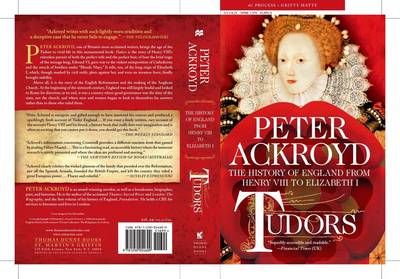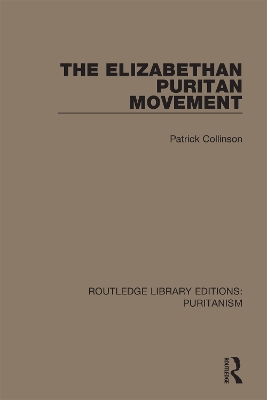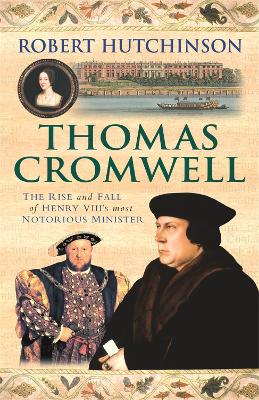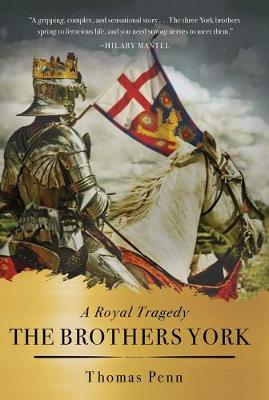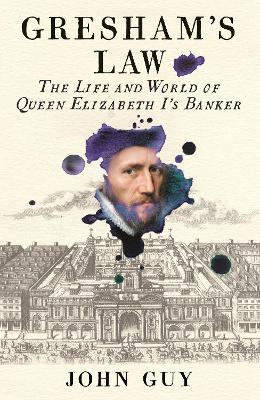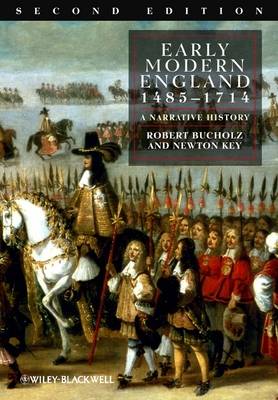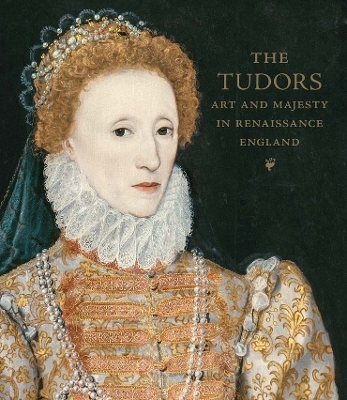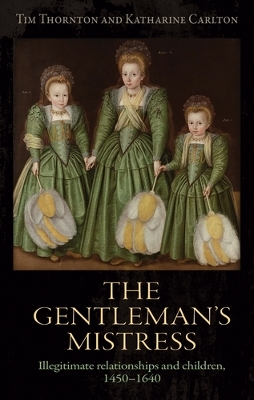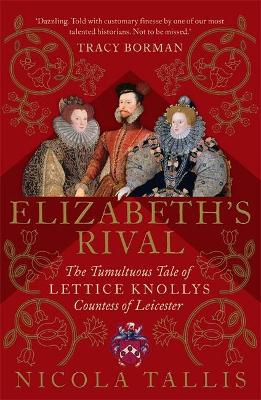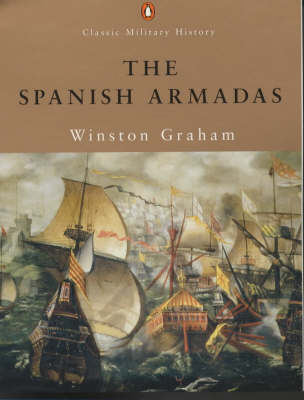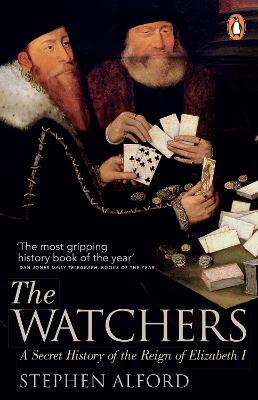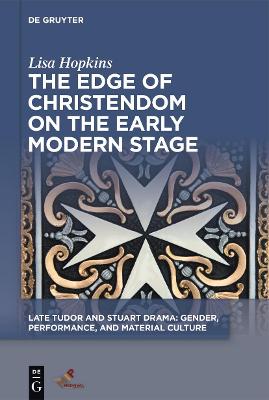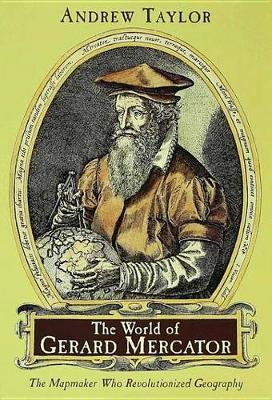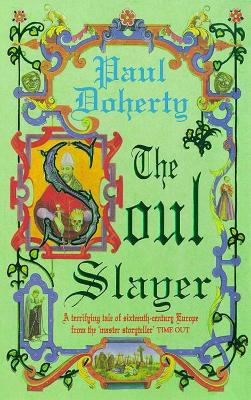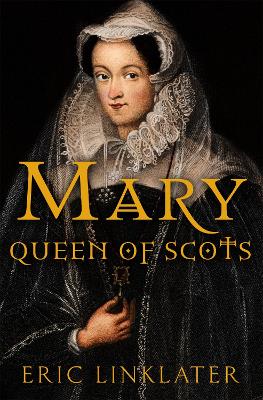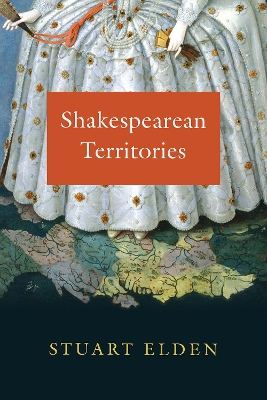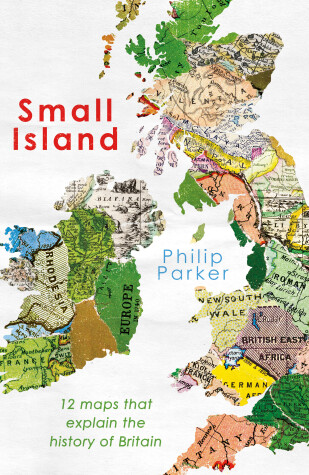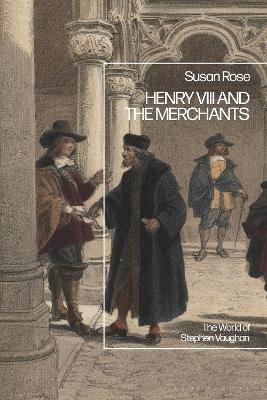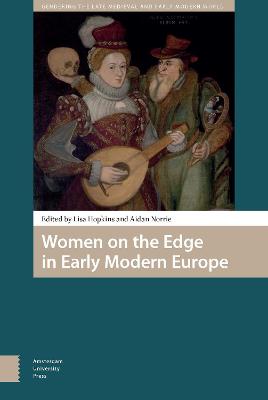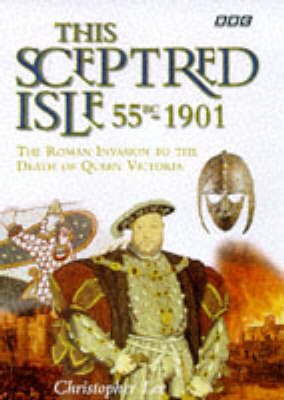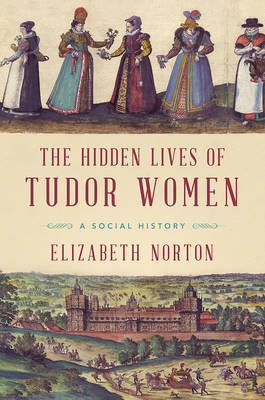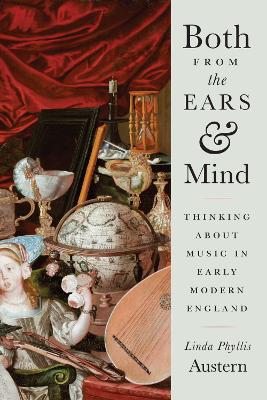Tudors: The History of England from Henry VIII to Elizabeth I (History of England, #2)
by Peter Ackroyd
Ackroyd brings the age of the Tudors to vivid life, charting the course of English history from Henry VIII's cataclysmic break with Rome to the epic rule of Elizabeth I.
Originally published in 1967, this book is a history of church puritanism as a movement and as a political and ecclesiastical organism; of its membership structure and internal contradictions; of the quest for 'a further reformation'. It tells the fascinating story of the rise of a revolutionary moment and its ultimate destruction.
The rise and fall of Henry's notorious minister - the most corrupt Chancellor in English historyThe son of a brewer, Cromwell rose from obscurity to become Earl of Essex, Vice-Regent and High Chamberlain of England, Keep of the Privy Seal and Chancellor of the Exchequer. He maneuvered his way to the top by intrigue, bribery and sheer force of personality in a court dominated by the malevolent King Henry.Cromwell pursued the interests of the king with single-minded energy and little subtlety. Tas...
SELECTED AS A BOOK OF THE YEAR 2019 BY THE GUARDIAN, DAILY MAIL, SUNDAY TIMES, DAILY TELEGRAPH AND BBC HISTORY MAGAZINE 'A gripping, complex and sensational story, told with calm narrative command ... With insight and skill, Penn cuts through the thickets of history to find the heart of these heartless decades.' - Hilary Mantel'The Brothers York is savage, exciting, blisteringly good.' - Jessie Childs, author of God's Traitors'An epic orgy of colour and character.' - Leanda de Lisle, The Times...
Thomas Gresham was arguably the first true wizard of global finance. He rose through the mercantile worlds of London and Antwerp to become the hidden power behind three out of the five Tudor monarchs. Today his name is remembered in economic doctrines, in the institutions he founded (the Royal Exchange, Gresham College) and in the City of London's position at the economic centre of the earth. Without Gresham, England truly might have become a vassal state. His manoeuvring released Elizabeth fr...
The second edition of this bestselling narrative history has been revised and expanded to reflect recent scholarship. The book traces the transformation of England during the Tudor-Stuart period, from feudal European state to a constitutional monarchy and the wealthiest and most powerful nation on Earth. * Written by two leading scholars and experienced teachers of the subject, assuming no prior knowledge of British history* Provides student aids such as maps, illustrations, genealogies, and glo...
The Tudors
by Elizabeth Cleland, Adam Eaker, Marjorie E Wieseman, and Sarah Bochicchio
A fascinating new look at the artistic legacy of the Tudors, revealing the dynasty’s influence on the arts in Renaissance England and beyond Ruling successively from 1485 through 1603, the five Tudor monarchs changed England indelibly, using the visual arts to both legitimize and glorify their tumultuous rule—from Henry VII’s bloody rise to power, through Henry VIII’s breach with the Roman Catholic Church, to the reign of the “virgin queen” Elizabeth I. With incisive scholarship and sumptuous...
This study explores pre- and extra-marital relationships among the gentry and nobility of the north of England from 1450 to 1640: the keeping of mistresses, the taking of lovers, the birth of illegitimate children and the fate of those children. It challenges assumptions about the extent to which such activities declined in the period, and hence about the impact of Protestantism and other changes to the culture of the elite. A major contribution to the literature on marriage and sexual relations...
The first biography of Lettice Knollys, one of the most prominent women of the Elizabethan era. Cousin to Elizabeth I - and very likely also Henry VIII's illegitimate granddaughter - Lettice Knollys had a life of dizzying highs and pitiful lows. Darling of the court, entangled in a love triangle with Robert Dudley and Elizabeth I, banished from court, plagued by scandals of affairs and murder, embroiled in treason, Lettice would go on to lose a husband and beloved son to the executioner's axe....
The Spanish Armadas (Penguin Classic Military History S.)
by Winston Graham
The story of the Spanish Armada, sent crashing to destruction in stormy seas by English battleships, is one of the most famous and popular of British history. Philip II of Spain's crusade to conquer Protestant England was the culmination of an undeclared war between the two nations which had simmered for years. The dramatic destruction of the Spanish fleet by Howard, Drake and their men ensured that England kept her political and religious freedom - but it was not the end of the story. This hist...
The acclaimed and enthralling story of the dark side of Elizabethan rule, from Stephen AlfordElizabeth I's reign is known as a golden age, yet to much of Europe she was a 'Jezebel' and heretic who had to be destroyed. The Watchers is a thrilling portrayal of the secret state that sought to protect the Queen; a shadow world of spies, codebreakers, agent provocateurs and confidence-men who would stop at nothing to defend the realm.Reviews:'Forget Le Carré, Deighton and the rest - this is more enth...
The Edge of Christendom on the Early Modern Stage (Late Tudor and Stuart Drama)
by Lisa Hopkins
Throughout the sixteenth and seventeenth centuries, the edges of Europe were under pressure from the Ottoman Turks. This book explores how Shakespeare and his contemporaries represented places where Christians came up against Turks, including Malta, Tunis, Hungary, and Armenia. Some forms of Christianity itself might seem alien, so the book also considers the interface between traditional Catholicism, new forms of Protestantism, and Greek and Russian orthodoxy. But it also finds that the concept...
The true story of Gerard Mercator, the greatest map-maker of all time, who was condemned to death as a heretic. 'Geographie and Chronologie I may call the Sunne and the Moone, the right eye and the left, of all history.' In 'The World of Gerard Mercator', Andrew Taylor chronicles both the story of a great astronomer and mathematician, who was condemned to death as a heretic, and the history of that most fascinating conjunction of science and art: the d...
An evil opponent threatens all Rebecca holds dear...Paul Doherty writes a mesmerising tale of mystery, history and love in his masterful novel, The Soul Slayer. Perfect for fans of C.J. Sansom and Susanna Gregory.Eighteen-year-old Rebecca Lennox, the daughter of a former priest, is neglected and feared by the villagers of Dunmow in Essex. They regard her as cursed, by both her hare lip and her gift of second sight. Rebecca finds solace in the statue of St Michael the Archangel, to whom she prays...
A major film starring Oscar nominated actress Saoirse Ronan and BAFTA award winner Margot Robbie.'She was always in the lead, thrusting herself against the storm, tireless in pursuit'Mary, Queen of Scots was only eighteen years old when she came to the throne of Scotland in 1542. A catholic in a protestant country, her twenty-five year reign was marked by turbulence. Eric Linklater accentuates her strong political ambition, her kindness and strength in adversity as she battled through religious...
Shakespeare was an astute observer of contemporary life, culture, and politics. The emerging practice of territory as a political concept and technology did not elude his attention. In Shakespearean Territories, Stuart Elden reveals just how much Shakespeare's unique historical position and political understanding can teach us about territory. Shakespeare dramatized a world of technological advances in measuring, navigation, cartography, and surveying, and his plays open up important ways of thi...
The greatest questions of our future can be answered by twelve crucial moments in Britain's history.It wasn't long-ago that Britons could have been as at home in Varanasi as they could have been in Wolverhampton - why? - because the shape and location of Britain's land-mass has not always been the same, and with large parts of Britain scattered across the globe, British borders and its identity has always been on the move.But, by knowing more about the twelve pivotal moments that occurred over a...
Women on the Edge in Early Modern Europe (Gendering the Late Medieval and Early Modern World, #7)
Early modern; women; Europe; gender
Based on a major Radio 4 series, this is an account of British history from the Roman invasion to the death of Queen Victoria. It focuses on the significant events and personalities that shaped Britain over nearly 2000 years, tracing its emergence from the Dark Ages which followed the Romans' departure, through the great flowering of culture in medieval times and the gradual evolution of the modern state, to the making of an empire and the huge changes brought about by the industrial revolution.
The Tudor period conjures up images of queens and noblewomen in elaborate court dress; of palace intrigue and dramatic politics. But if you were a woman, it was also a time when death during childbirth was rife; when marriage was usually a legal contract, not a matter for love, and the education you could hope to receive was minimal at best. Yet the Tudor century was also dominated by powerful and dynamic women in a way that no era had been before. Historian Elizabeth Norton explores the life...
A Year in the Life of William Shakespeare (P.S.)
by Professor James Shapiro
Both from the Ears and Mind offers a bold new understanding of the intellectual and cultural position of music in Tudor and Stuart England. Linda Phyllis Austern brings to life the kinds of educated writings and debates that surrounded musical performance, and the remarkable ways in which English people understood music to inform other endeavors, from astrology and self-care to divinity and poetics. Music was considered both art and science, and discussions of music and musical terminology provi...
